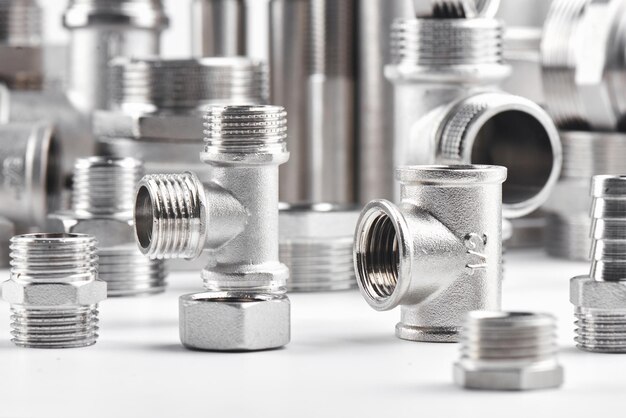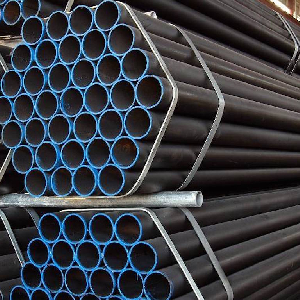In various industrial applications, threaded flanges are a very important component that will offer major benefits and advantages that will make these flanges a desirable choice.
In this article, we will get to know about the top five advantages of using threaded flanges in industrial areas. We will also highlight their versatility, way of installation, cost-effectiveness, and many more.
Knowing the advantages of threaded flange will help you make informed decisions for your projects, whether you work in the manufacturing, oil and gas, or chemical industries.
5 Advantages of Using Threaded Flanges
1. Reliable Leak-Proof Connections
The first and most important advantage of threaded flanges is their ability to build up secure, safe, and leap-proof connections. The threaded-like structure of the flanges will lead to tight and fit connections, and it will also minimize the risk of fluid or gas leaks.
This is especially important for industries where the containment of dangerous materials or the prevention of environmental contamination is of top importance.
2. Ease of Installation and Maintenance
Industrial installations and maintenance procedures can be made easier with the use of these threaded flanges. Their threaded design structure makes them easy to assemble and disassemble. It will also allow quick access to the underlying parts for inspection, repair, or replacement.
This will help in reducing downtime and increasing it, which will surely improve the overall productivity of your operations.
3. Corrosion and Temperature Resistance
These threaded flanges are mainly made up of material that can bear harsh environmental conditions, such as high temperatures, chemical exposure, and elements that are corrosive.
This makes them a perfect first choice for industrial applications in which the machinery faces difficult operating conditions. You can choose the appropriate flange material to ensure the longevity and reliability of your industrial systems.
4. Versatility and Adaptability
Threaded flanges have so many benefits, including adaptability and versatility, they are utilized in a variety of industrial applications. They are available in a wide range of sizes, materials, and pressure ratings that will allow you to choose the best one for your particular requirements.
Due to its adaptability, you may need fewer different kinds of connectors, and your procedures will run more smoothly and effectively.
5. Cost-Effective Solutions
When it comes to connecting devices, threaded flanges can be less expensive than some other options for industrial applications. They have relative simplicity and ease of installation, they can be installed with less manpower and at a lower cost over time due to their longevity and durability.
Conclusion
Threaded flanges are a strong and rigid option for industrial applications because they can provide economical, efficient, and reliable connections.
You can maximize the longevity and performance of your industrial systems by utilizing the top 5 benefits covered in this blog post. It will enhance productivity, safety, and profitability.
When evaluating your needs for industrial piping and equipment, be sure to look into the benefits of incorporating threaded flange into your operations.


